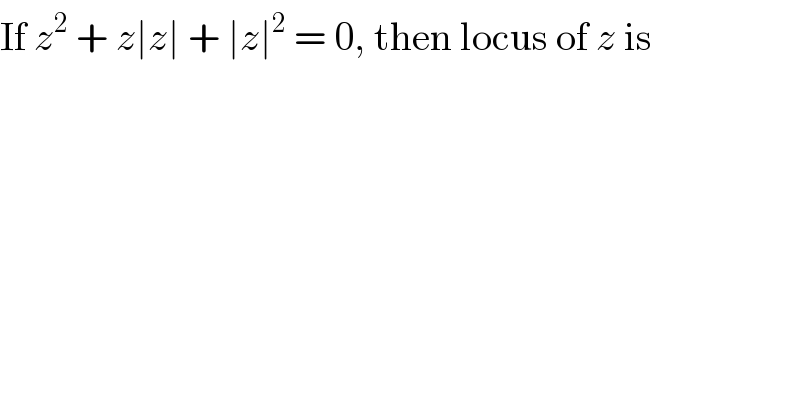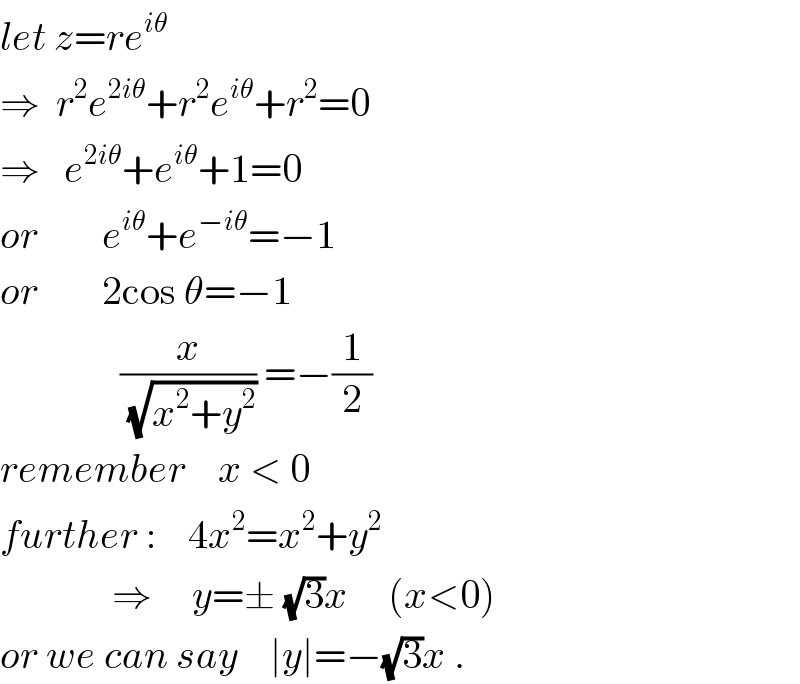
Question and Answers Forum
Question Number 20799 by Tinkutara last updated on 03/Sep/17

Answered by ajfour last updated on 03/Sep/17

Commented by Tinkutara last updated on 03/Sep/17

| ||
Question and Answers Forum | ||
Question Number 20799 by Tinkutara last updated on 03/Sep/17 | ||
 | ||
Answered by ajfour last updated on 03/Sep/17 | ||
 | ||
| ||
Commented by Tinkutara last updated on 03/Sep/17 | ||
 | ||